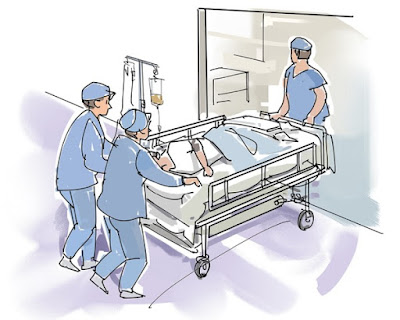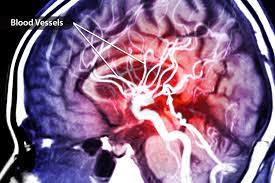I usually get similar emails all the time, slightly different in location, length, and effects. But this one from Sara Riggs is different, so different that I felt I should share it with my readers. If it was on Facebook, I would feel strange giving it a "like." And trust me. You won't like it.
But yes, Sara, in the blink of an eye, it's all gone: confidence, empowerment, self-love. And now you have another job. You, like me, will probably never accept it, the final stage of grieving, and no, it's no reason to celebrate with those inane stroke-versaries, but what's the alternative! You should make it the best life you possibly can and join support groups, as many as you can find.
Here are two of the best support groups out there on Zoom:
Daniel's group meets at 1pm PST every Tuesday: The Zoom link is
https://zoom.us/j/3249406839Today
May 24, 2021
This morning when I woke, my first thought was the same as every other day: What day is it and what needs to be done: calls to make, appointments, is it trash day? Today is Monday and I have two calls to make to doctors. Then I realized the date and began to cry. 3 years ago on May 24, 2018, my world changed forever. I wonder who besides me will remember. I wonder if I want anyone to. If no one does, will it hurt me? If someone does, what is there for them to say anyway? Last year, in the same internal conflict, I wrote 2 short sentences of what I wanted to say, if it was mentioned. Nobody remembered, and the words were not needed. I am most fearful of those who want to celebrate today. They will say I should be happy; what I should think about today. While I understand why others would think that, I also know it will not be understood why I do not feel that way. Why I dread today. For this reason, I will not, cannot, remind anyone. This is not a happy day for me. I do not celebrate. It is not an anniversary. Anniversaries are happy times to celebrate joyous events. When the annual observance of the day a loved one died, it is a reminder of a loss. Sometimes a sad day, reflecting on the events or days prior to the passing. Perhaps reliving memories. Today is the annual reminder of such an unimaginable and unexpected loss. A reminder of the death of a loved one, the loss of a life loved – mine.
I am drawn into memories of May 24, 2018. I remember how the day was spent and with whom. The activities of the day before. My mind walks through the timeline. I remember a life of meaning. A happy, full life of excitement and joy for an anticipated future. Following a nice dinner with a good friend, with wonderful conversation and good wine, I was glowing. I remember a terrible pain in my head and an ambulance ride. I remember every article of clothing and piece of jewelry I wore (none of which was returned to me). The memories are painful, knowing that this life was erased only a few hours later. I remember waking in a hospital bed, an empty, nonfunctioning shell. The ability to move, gone. Sensation on half of my body, gone. My vision, gone. Half of my skull, gone. The joy of a life loved, gone. From glowing to the anguish of profound permanent loss in the blink of an eye.
For me, this day is an annual painful remembrance of the loss of a loved one. A day of mourning. Not an anniversary.


















